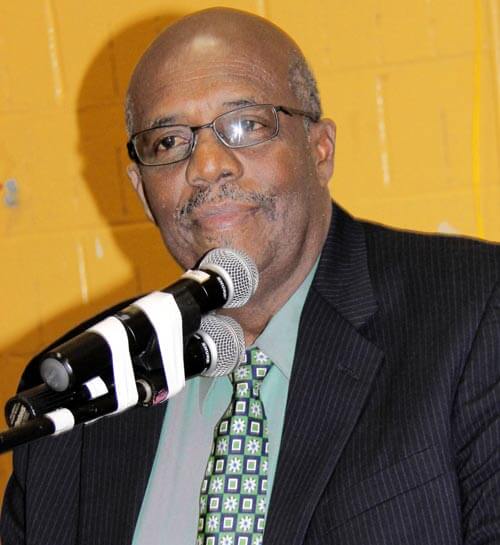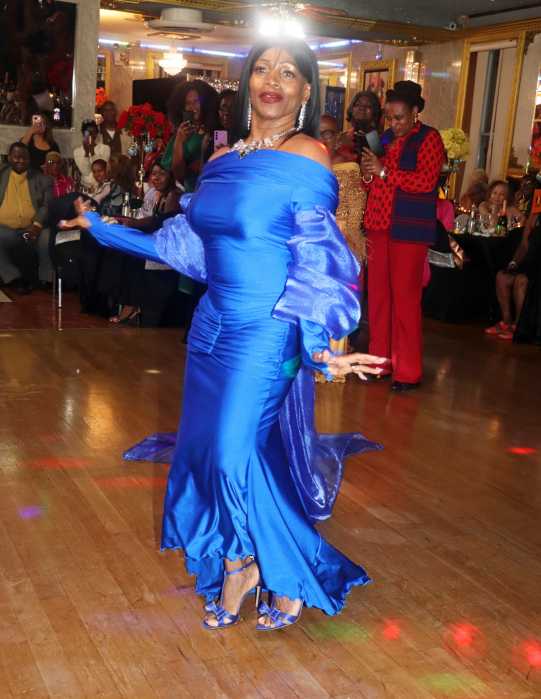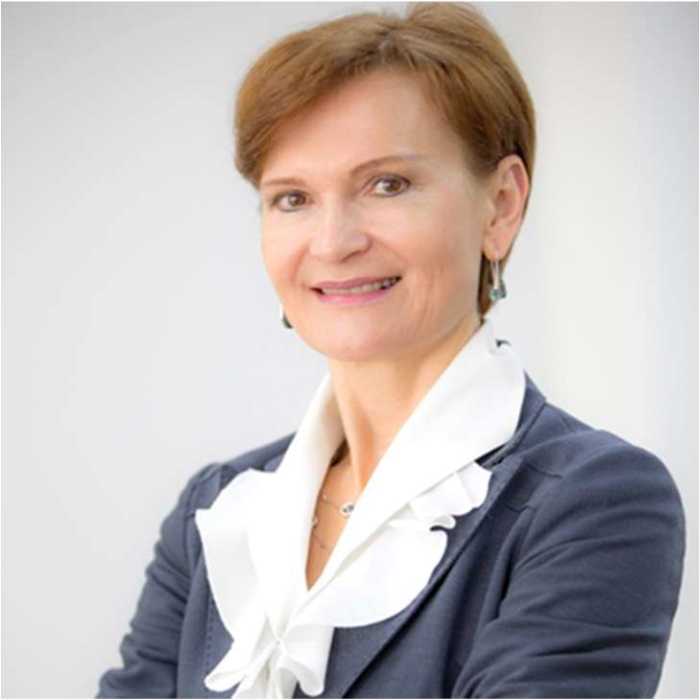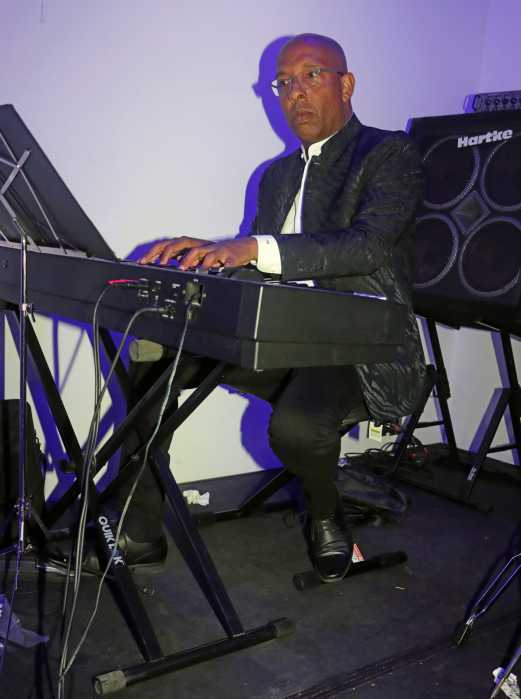St. Vincent and the Grenadines’ Opposition Leader Arnhim Eustace has painted a very bleak picture of the country’s economy, charging that it is “mismanaged” by the government of Prime Minister Dr. Ralph Gonsalves and that the nation faces “the worst” economic situation since it obtained political independence from Great Britain in October 1979.
In a town hall meeting in Brooklyn last Saturday night and in an exclusive interview with Caribbean Life that preceded the meeting, Eustace, a former prime minister, charged that the country’s financial sector is “in trouble” and that most nationals have lost confidence in the Gonsalves administration.
“It’s in the doldrums, it’s horrible,” Eustace, an economist, told Caribbean Life, referring to the economy.
He said an International Monetary Fund (IMF) World Economic Report of 2011 put St. Vincent and the Grenadines at the bottom economically, for the previous three years, among 32 countries of Latin America and the Caribbean.
“We are the only country with three consecutive years of negative growth,” said the opposition leader, adding that banana exports to the United Kingdom were considerably low last year at EC$1.1 million – “the worst in the history of St. Vincent by far.
“There was a time when we earned EC$100 million (annually) for bananas,” he said, adding that some local businesses have been closing their doors, while others have been retrenching staff.
“We’re in a very bad shape,” cautioned Eustace, stating that, according to figures from the national debt, the government owns EC$59 million to “people who buy goods and services – the stores and so on.” He put the national debt at EC$1,330,000,000.00.
“This thing is a total mess,” he said, claiming that nationals are “having lots of trouble in getting drugs from the hospital because there’s no cash to pay for them.”
Eustace said the economic situation could be further exacerbated if investors eventually succeed in freezing the accounts of Harlequin, the British company that owns the Buccament Bay Resort, warning that 400 nationals could be put on the breadline.
He claimed that the company owes “several small contractors” in St. Vincent and the Grenadines, and that it is currently under investigation by the British Financial Services Authority.
“What annoys me in Buccament is the inability to pay,” the opposition leader charged. “It’s a very serious situation. I’m very worried about the situation.”
He said he is also deeply concerned about the future of the Building and Loan Association, adding that shareholders and account holders can ill-afford to face a “double whammy,” after having their “confidence shaken” by the British American Insurance Company/Clico debacle.
Eustace said the prospect is “very small” for investors, with over a million dollars in British American, in getting their investment back, “because the governments don’t have that money.”
“The financial sector is in trouble,” Eustace warned. “It’s a matter of giving back people some confidence.
“The economy is mismanaged,” he added, charging that “it’s a total mess. It’s horrible, really horrible.”
Eustace repeated the same assertion during the town hall meeting, organized by the Brooklyn-based St. Vincent and the Grenadines Progressive Organization of New York (SPOONY), an arm of the main opposition New Democratic Party (NDP), at the Friends of Crown Heights Educational Center.
He said the EC$799 million budget, passed in Parliament in January, includes an EC $126 million deficit, claiming that the Gonsalves administration expects to raise EC$632 million “and only has a revenue of EC $130 million.
“But they don’t have enough money, we don’t have it,” Eustace said. “It’s a painful exercise. It’s painful because the people of St. Vincent and the Grenadines find themselves in a critical situation.
“Since independence, this is the worst St. Vincent and the Grenadines has ever been,” he further charged. “I raise some of these things for people to better understand what it (economic status quo) really means.
“The last time I was here, speaking in this hall (about two years ago), I gave some examples of some of the difficulties in St. Vincent and the Grenadines – increasing poverty,” he added.
Eustace charged that, because some parents cannot afford to pay for transportation, some students are attending school in shifts – on alternating days – and that some consumers cannot afford to pay for basic items in supermarkets.
“In the year 2013, we should not have that kind of situation in St. Vincent and the Grenadines,” he said. “Our country is in a total mess.
“The middle class in St. Vincent and the Grenadines is declining very rapidly,” he added. “So many people can’t make ends meet. The government finances continue to decline.”
In addition, Eustace charges that the three main pillars of the economy – tourism, agriculture and construction – are on a downward spiral, and that negative growth results “if they are not doing well.”
He said there are no project for rehabilitation of the banana industry, urging the incumbent administration to urgently address “the problems” facing farmers.
“These are very, very serious for people’s lives – the loss of hope, the loss of confidence,” Eustace said. “That’s the reality in St. Vincent and the Grenadines.
“I’m very concerned about the plight of our people in St. Vincent and the Grenadines,” he added.



























